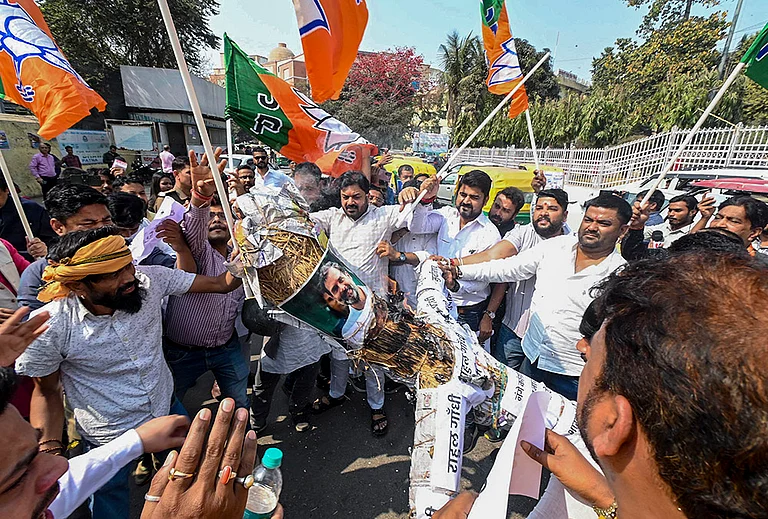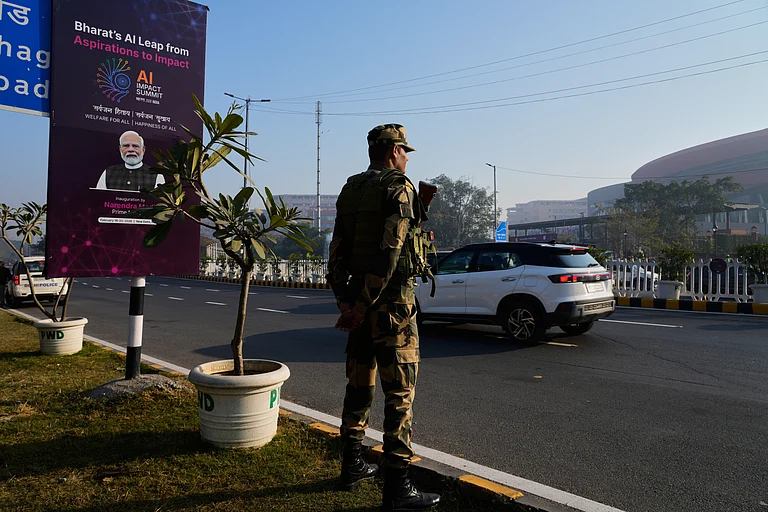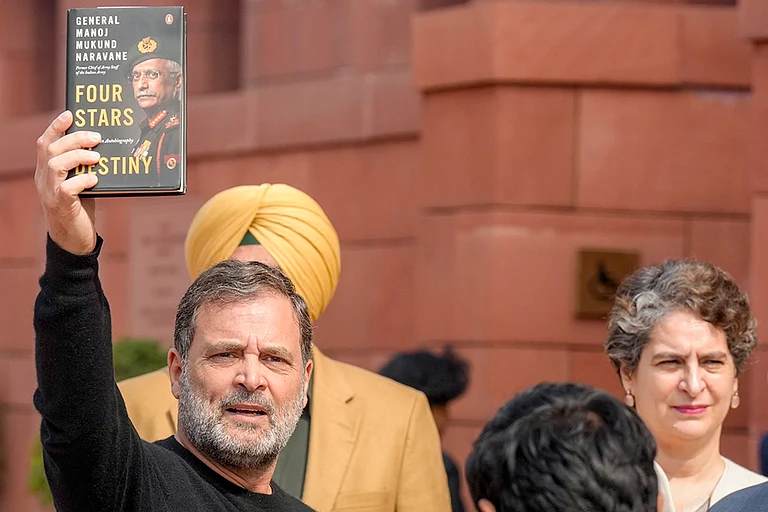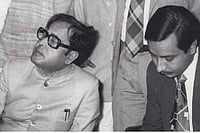Though Narendra Modi and his cohorts swore before the elections that they would surely cross 400 seats, it was clear during the different phases of polling that the INDIA bloc parties would certainly do well. The new-found unity among the opposition parties had evoked enthusiastic popular support. The results of June 4 reflected this, with the INDIA bloc mustering 234 seats against the BJP’s disappointing 240. Though Modi did form a government, everyone knew that Chandrababu Naidu and Nitish Kumar would actually be holding up his coalition—like two elastic suspenders. Modi’s survival also depends on Eknath Shinde and Chirag Paswan—so he is being extra nice, perhaps before gobbling them up.
The mood in the opposition is upbeat, and rarely has one seen such enthusiasm in the past decade. Even the fence-sitting Biju Janata Dal is leaning towards the opposition in the Rajya Sabha, where the government does not have a majority. All the chair’s attempts to tame an ebullient opposition have hardly worked. Modi opened the first session of the 18th Lok Sabha with a bouncer—by evoking the dark days of the Emergency. He was hoping that the allies of the Congress in the INDIA bloc who had suffered then would be with him. But this gambit flopped and the Budget-cum-Monsoon session showed that the opposition was united. It succeeded in cornering the treasury benches that started displaying uncalled-for pugnacious behaviour—as a defensive mechanism.
Most belligerent of the lot was the Finance Minister, the only one in history not to have acquired the graces of compromise, even when she is grossly mistaken. The opposition tore through her Budget in both houses, though the high drama in the Lok Sabha found more media space. Modi’s fixed scowl displayed his utter discomfiture in sitting and listening to the biting harangue from opposition leaders—whom he had earlier belittled so contemptuously. Gone were the days when he could ram through whatever he wanted and the obliging chairs in the two houses could throw opposition MPs out, in bucket-loads.
As soon as the first bill on the Muslim Waqf properties was introduced in the new 18th Lok Sabha, it triggered rumbling and resistance. Modi reacted promptly with a very uncharacteristic gesture of sending it to a joint parliamentary committee. This volte-face was prompted not only by the opposition, but also by the misgivings of his two major alliance partners, who depend on Muslim votes.
After that, the government made no attempt to pass any bills, and this was actually the only session that did not approve a single legislation, other than the essential money bills. Even the circulated draft of the so-threatening Broadcasting Bill was hastily withdrawn, lest it create further troubles. The regime is being unusually quiet about its loudly-touted Citizenship Law and is certainly not risking a national debate on it—lest it vitiate relationships with the angry new regime in Bangladesh. Thanks to India’s hauteur and bluster that masquerades as a foreign policy, Vishwabandhu India does not have a single friendly neighbour left.
Even Modi’s plan to induct several experienced persons into his administrative apparatus through the ‘lateral entry’ route had to be withdrawn, because the opposition and his allies had strong objections. Their grouse was that the scheme did not reserve seats for the scheduled categories. Caste is back with a bang, now that Modi is on the back foot. It appears almost certain that this government would have to include ‘caste identity’ in its decennial census operations that it has dodged so far. The Supreme Court order suggesting that ‘creamy layers’ within Scheduled Castes and Tribes could well be excluded from further benefits of reservation set the cat among the pigeons. As soon as the Lok Janshakti Party screamed foul, a panicky government filed a ‘review petition’ in the Supreme Court.
The three non-negotiable targets of the Sangh Parivar are, therefore, in the doldrums. Ayodhya has failed to deliver, Kashmir is burning despite Amit Shah’s Rambo-type swagger, and the proposed Uniform Civil Code is now watered down as ‘secular’ by a government that hates the term. Even Parliament could not continue till the last date, because of the opposition’s walkout. The government was compelled to adjourn before time. Modi is now bending backwards to placate—his latest Unified Pension Scheme is just a starter. And, the opposition is actually filling in a gap in Modi’s political education by giving him a taste of what democracy by consent and compromise means.
(The author is a retired IAS officer and a Rajya Sabha member)
(Views expressed are personal)







%20leader%20Sitaram%20Yech.jpeg?w=801&auto=format%2Ccompress&fit=max&format=webp&dpr=1.0)



















